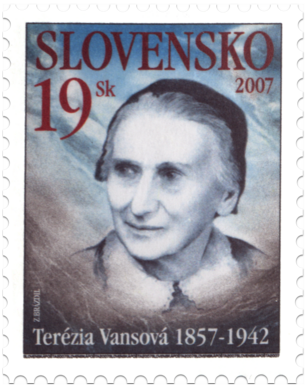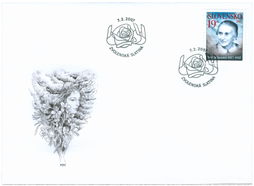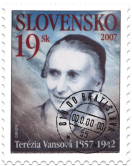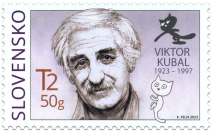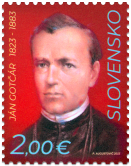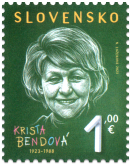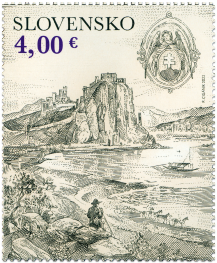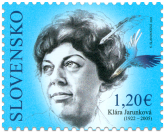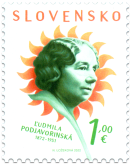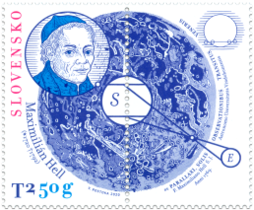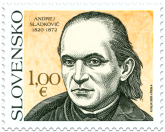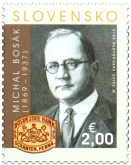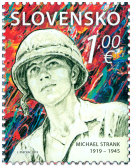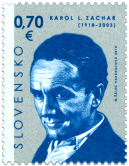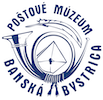This product is not for sale
This product is part of the following products
389 Date of issue
07.02.2007 Face value
19.00 Sk
© Slovak Post, 2007 Terézia Vansová – this creative woman, active in public life, who helped create the cultural and social life of Slovakia at the close of the 19th century, was born in 1857 to the family of the nationally-conscious protestant priest Samuel Medvecký. She attended school in her hometown of Zvolenská Slatina, as well as Banská Bystrica, and Rimavská Sobota. The years she spent in Lomnička and later in Rimavská Píla, her new homes after her marriage to Ján Vansa – a protestant priest – were the background to the realistic memoirs of life in village schools and vicarages. Vansová’s novel Sirota Podhradských (Podhradská, The Orphan), published in 1889, represents the first novel by a Slovak female author. In 1927, Vansová was awarded the national prize for her novel Kliatba (The Curse). Terézia Vansová wrote short stories, drama, translated the writings of Božena Němcová, and compiled a new cookbook (Nová kuchárska kniha) where she published 900 collected recipes. She was also the founder and editor of Dennica (Daily), the first magazine for women ever published in Slovakia, and she was the vice-chairwoman of Živena – the Society of Slovak Women. Her printed work reflected both her political thinking and personal interests. Her personal experiences became the inspiration for her literary work. In 1911, she moved to Banská Bystrica, where she edited the magazine Slovenská žena (Slovak Woman) and contributed to Živena. After the death of her husband in 1922, she stayed with her protégé Oľga Vraná. The pioneer of the Slovak female novel and the female representative of the of Slovak literary realism died in 1942 at the age of eighty-five. (Underlying materials taken from the collection of the Archives of Literature and Art of the Slovak National Library in Martin) Magdaléna Brincková
Show less© 2024 POFIS - Postal philatelic service. All rights reserved

